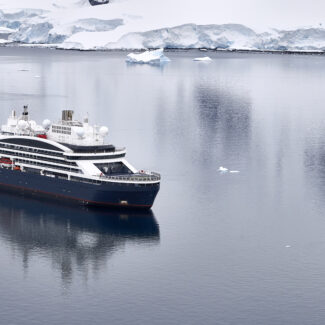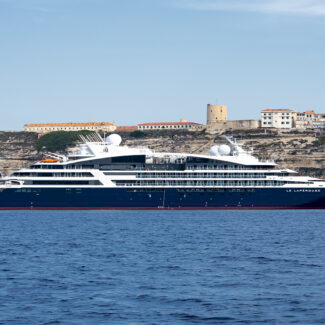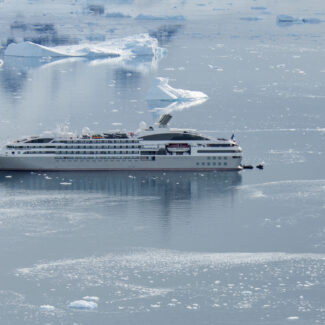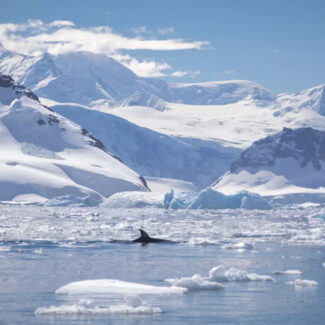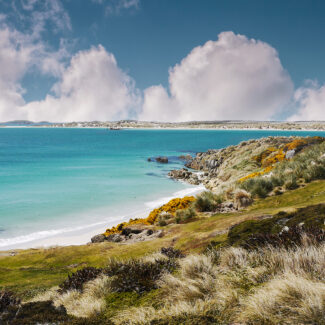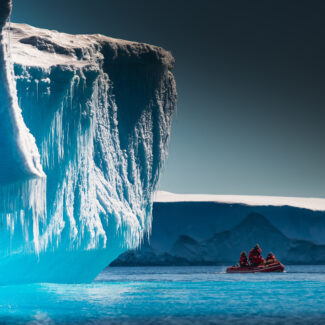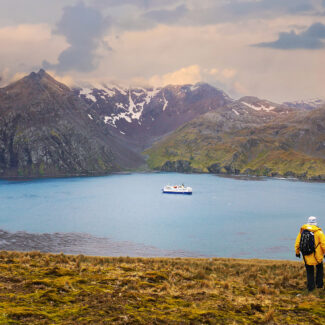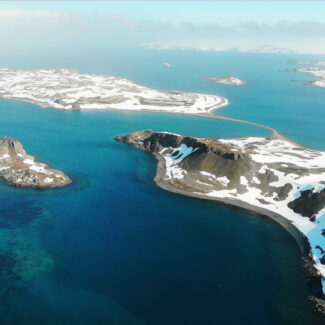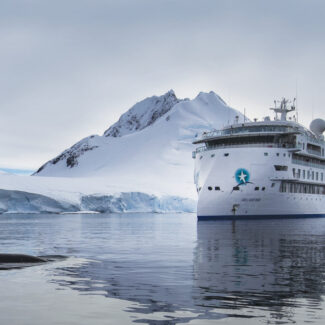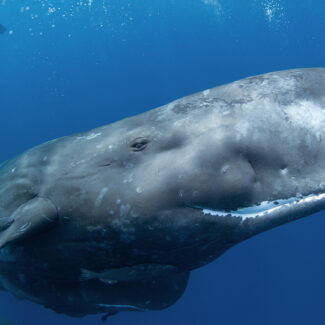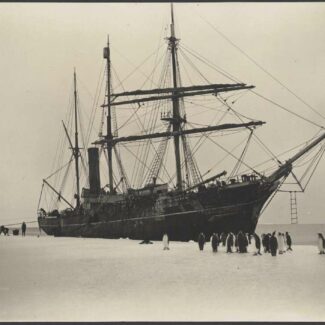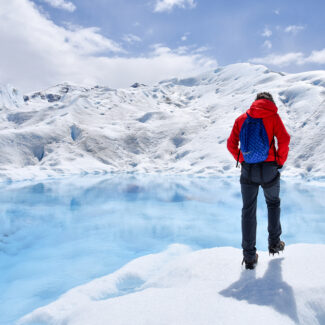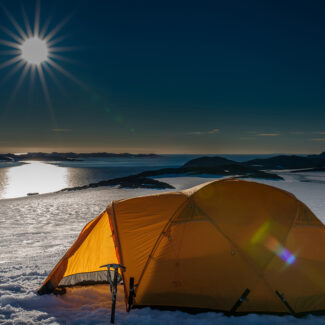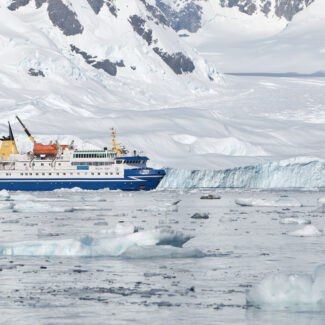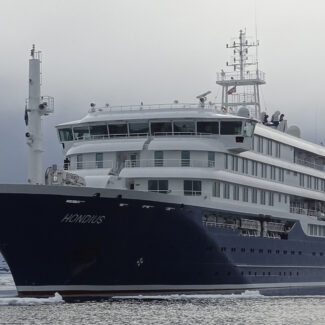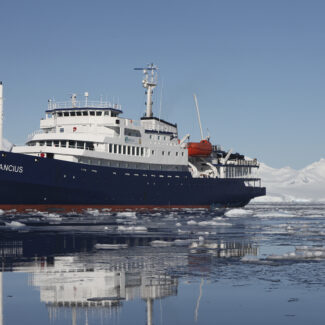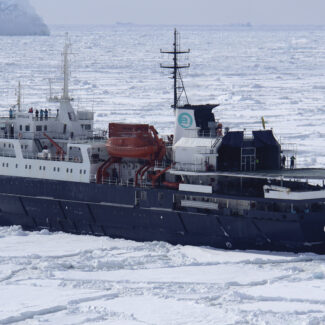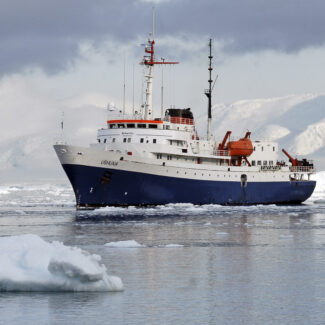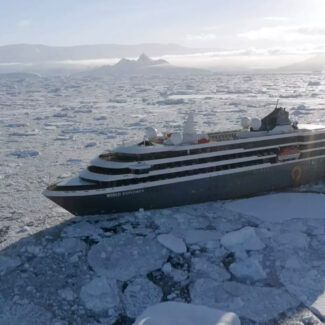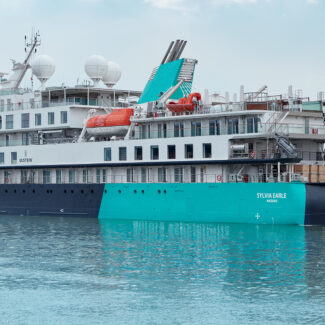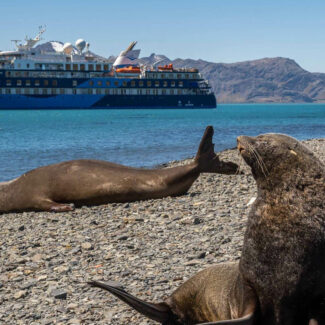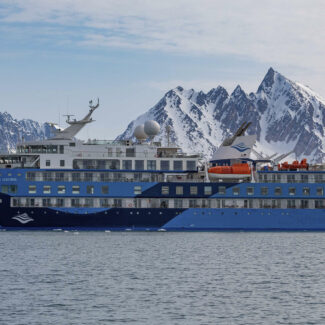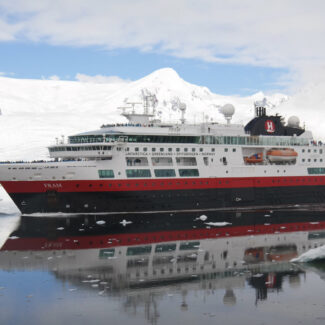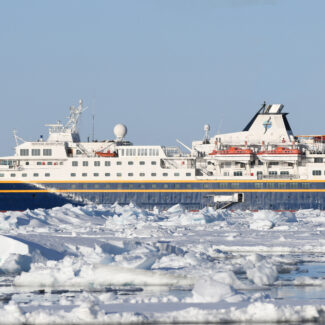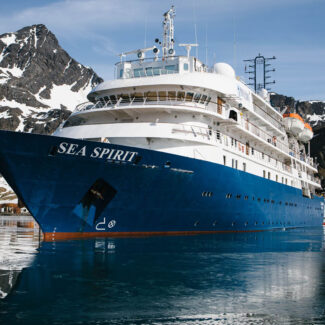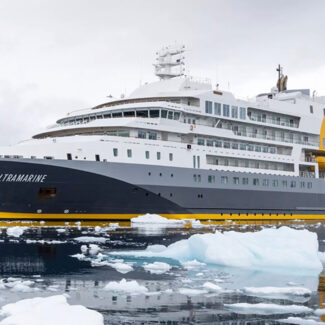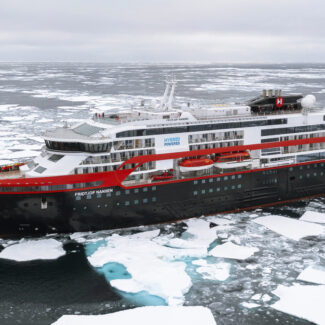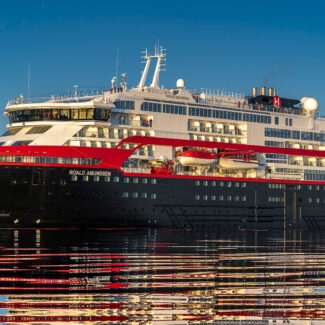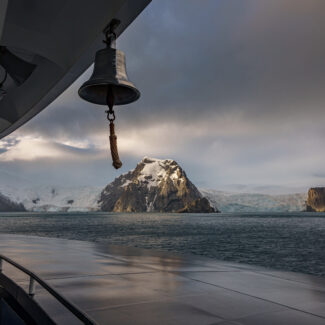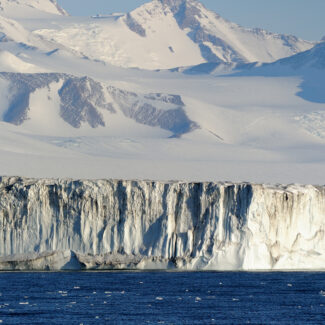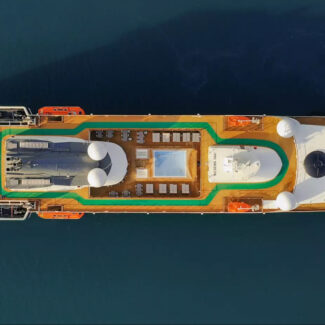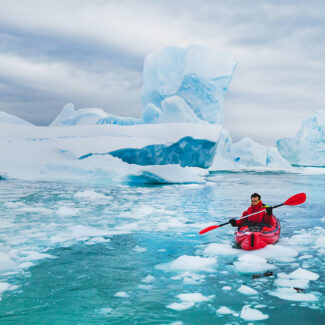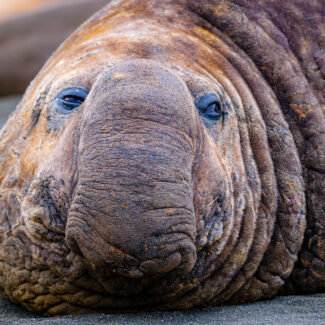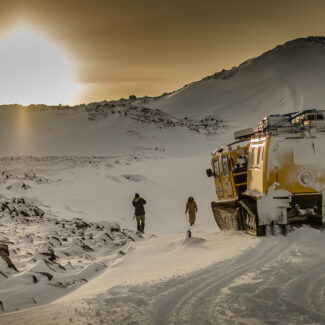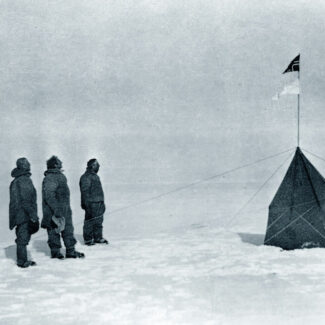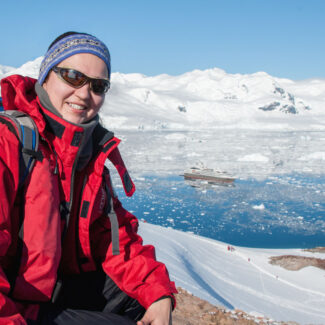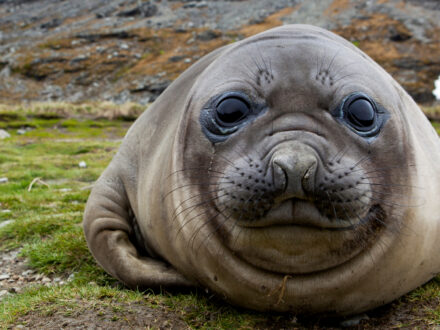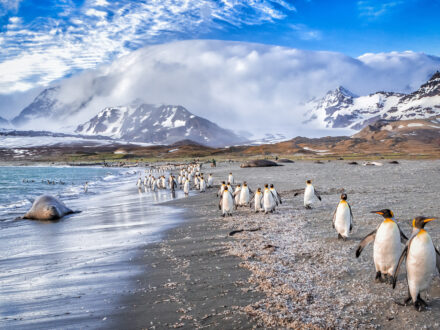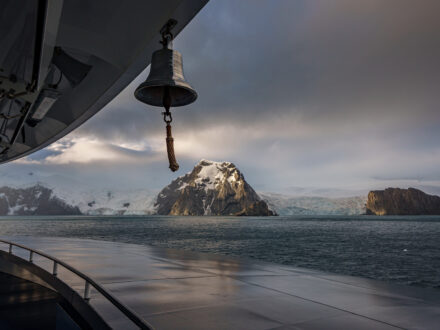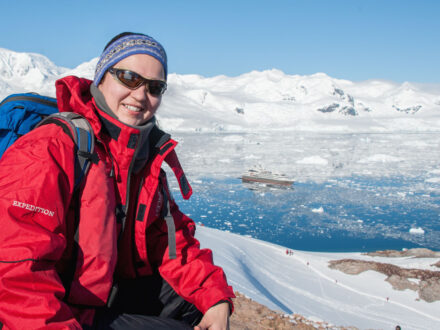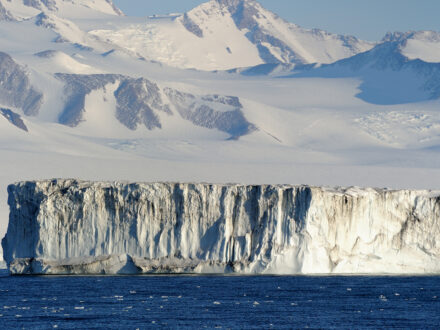Do You Need Your Appendix Or Wisdom Teeth Out To Go To Antarctica?
There’s no place on Earth—well, no place on its terra firma, anyhow—so remote as Antarctica. Being so far from anywhere, and almost wholly undeveloped, a medical emergency down here can be decidedly on the tricky side of things to handle.
Fortunately, your average traveler to Antarctica doesn’t much need to worry about that, but it’s definitely a consideration for those who work on the White Continent—especially those hardy few actually sticking it out for the winter.
Among those medical contingencies that can befall a person without much warning, appendicitis or a dental infection related to impacted wisdom teeth can certainly be serious for personnel at Antarctic research bases.
Why Remove Wisdom Teeth and Appendix To Go To Antarctica?
The reasoning behind such medical requirements is made pretty clear when one considers the famous case of Leonid Rogozov. Rogozov was a Russian doctor who had to extract his own appendix—yes, you read that right—at Novolazarevskaya Station Station in Queen Maud Land during the winter of 1961, as he was the only doctor on duty there.
Rogozov survived the harrowing self-appendectomy—memorably described, if you’ve got the stomach for it, in an episode of the radio program This American Life—but it goes without saying that’s neither this, nor a wisdom tooth extraction, are the sort of thing any country wants its Antarctic medical professionals being forced to tackle while at work in their research stations.
Antarctica Appendix & Wisdom Teeth Removal Avoidance
Per the specific requirements of the home nations overseeing the pertinent research station, workers bound for Antarctica tend to be subject to pretty rigorous physical examinations to lessen the risk of medical issues cropping up on the White Continent.
Such screenings are usually less stringent for personnel working in Antarctica during the austral summer, when flights come in and out on a regular basis and when conditions are somewhat more benign. Overwintering workers must pass a more demanding screening, given the challenge of attempting a medical evacuation during the dark, stormy, inhospitable Antarctic winter.
Obviously, anything can happen, not just bouts of appendicitis and pericoronitis (swelling and infection of the gum tissue around the wisdom teeth)—including, most inopportunely, in the heart of an Antarctic winter—but medical screenings and physical-fitness requirements are there to minimize the risk, and avoid (if possible) the associated dangers and costs of complicated medical evacuations.
Working in Antarctica: Medical Requirements
Scientists, maintenance staff, and other folks with any number of medical conditions, including cancer and diabetes, are certainly allowed to work in Antarctica. As the policies of the U.S. Antarctic Program exemplify, the relevant overseeing agency typically just wants to confirm that these conditions are under enough control that they’re unlikely to pose a life-threatening situation during Antarctic residency.
Most such workers don’t actually need to have their appendix removed. But some personnel might. For example, the Australian Antarctic Program requires that doctors who are wintering over at that nation’s scientific bases must have an appendectomy. That’s because the research stations usually only have a single doctor on staff during the winter, and an evacuation for a burst appendix that time of year could be incredibly challenging, if not outright impossible.
An appendix removal may also be mandatory for workers (and their families) who are residing for an extended period at Chile’s Villa Las Estrellas on King George Island in the South Shetland Islands, one of the few settlements in the Antarctic zone where people sometimes live for years at a time.
Do You Need Your Wisdom Teeth Or Appendix Out to Go to Antarctica?
Can you go to Antarctica with your appendix and wisdom teeth intact? Of course you can! Tourists aren’t subject to the same stringent medical screenings as professionals working down in Antarctica.
Hopefully you won’t experience appendicitis or a wisdom tooth infection on your cruise to the White Continent, but the typical places that tours go—and the comparatively friendly season in which they play out, the austral summer—mean that medical treatment and, if necessary, evacuations are pretty straightforward. (The travel insurance required by most Antarctic tour operators is partly to cover the cost of such medical emergencies.)
More generally, you can rest assured that onboard medical staff are there to assist with more garden-variety illnesses and injuries, and that—despite the forbidding landscape and climate—sightseeing activities in Antarctica are very safe and low-risk.
Disclaimer
Our travel guides are for informational purposes only. While we aim to provide accurate and up-to-date information, Antarctica Cruises makes no representations as to the accuracy or completeness of any information in our guides or found by following any link on this site.
Antarctica Cruises cannot and will not accept responsibility for any omissions or inaccuracies, or for any consequences arising therefrom, including any losses, injuries, or damages resulting from the display or use of this information.
